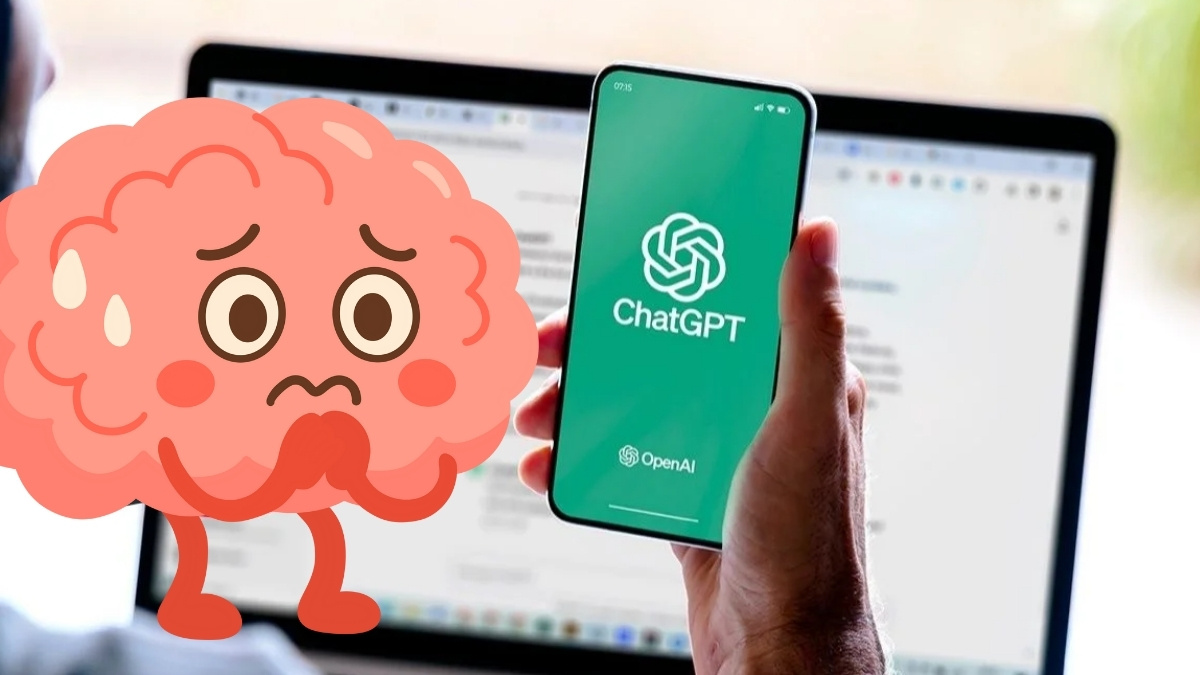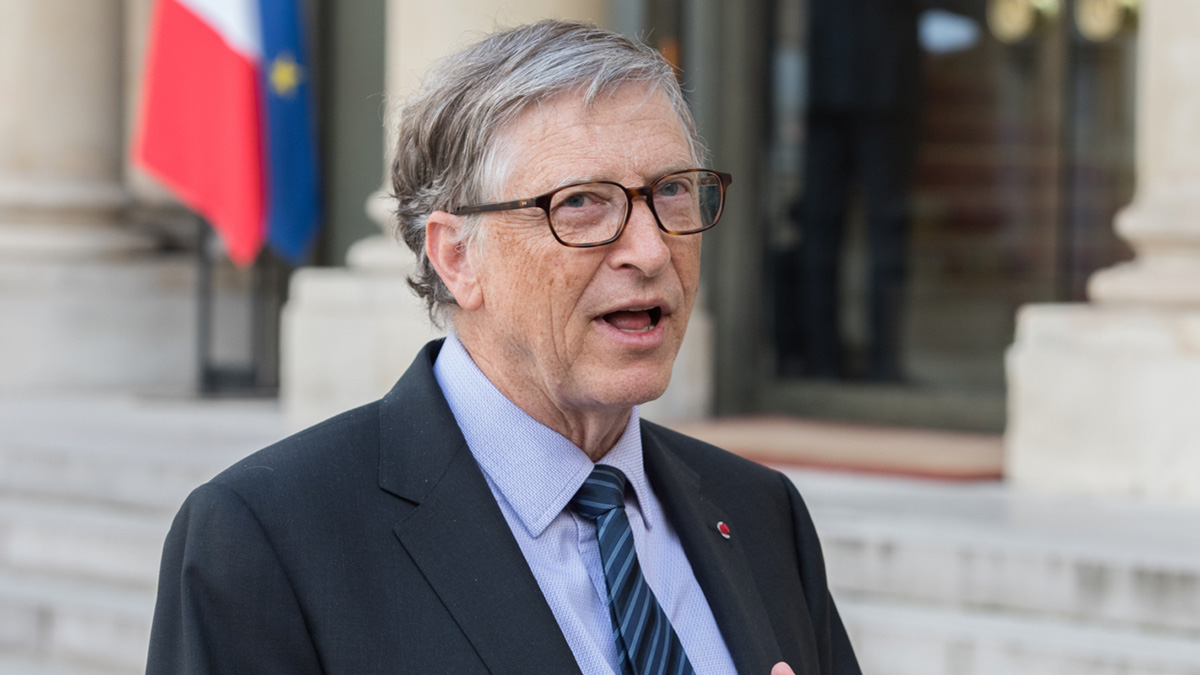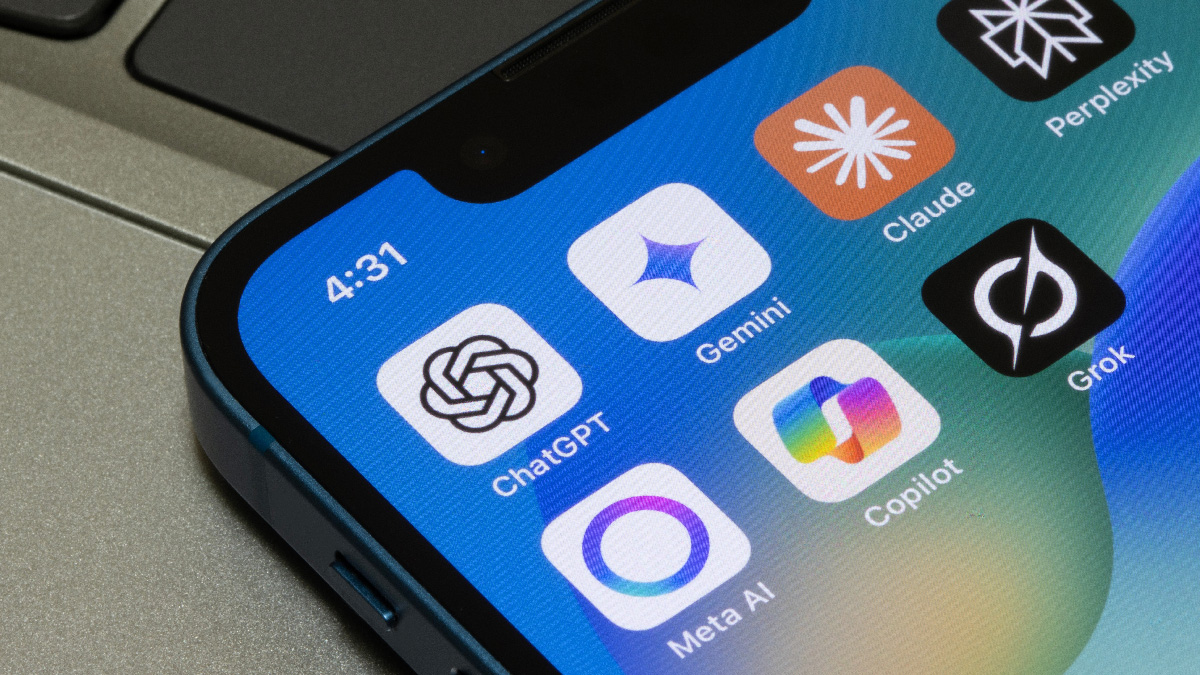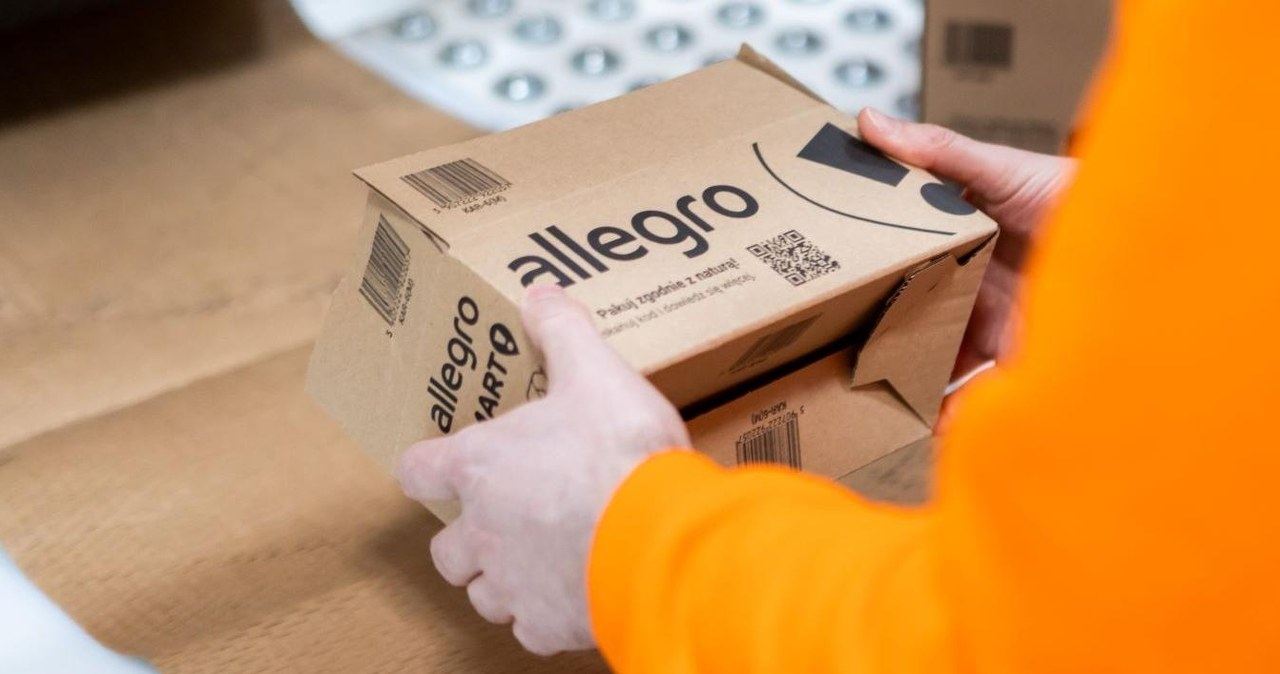- What’s new: OpenAI’s current Usage Policies explicitly forbid using ChatGPT (and its APIs) for “political campaigning [and] lobbying.” The company says it will keep this prohibition until it better understands the risks of “personalized persuasion.” OpenAI
- Rationale: OpenAI writes, “We’re still working to understand how effective our tools might be for personalized persuasion.” OpenAI
- Scope: The ban applies across OpenAI products (ChatGPT, Sora, API) under the unified policies effective Oct. 29, 2025. OpenAI
- Enforcement history: OpenAI has removed political uses (e.g., Dean Phillips campaign bot) and says it has disrupted dozens of covert influence operations that sought to misuse its models. OpenAI
- Why it matters: A growing body of research shows LLMs can influence attitudes—precisely what “personalized persuasion” tries to optimize at scale. Nature
What OpenAI actually changed—and what it didn’t
OpenAI’s updated Usage Policies (effective Oct. 29, 2025) list “political campaigning, lobbying, [and] election interference” among disallowed activities. That formalizes and extends the election‑year rules the company set in January 2024 (no campaigning or lobbying for now), which were framed as a cautious pause while the company studied AI‑driven persuasion. OpenAI
In its election integrity blog, OpenAI put the reason succinctly: “We’re still working to understand how effective our tools might be for personalized persuasion.” Until that’s clearer, it won’t allow apps for campaigning or lobbying. OpenAI
OpenAI’s Model Spec—the document that instructs model behavior—also draws a bright line: “Don’t facilitate the targeted manipulation of political views.” That operational design choice sits alongside the formal policy ban. model-spec.openai.com
Personalized persuasion: the risk the policy is aiming at
Academic findings over the past two years have sharpened concerns. In Scientific Reports (Nature), Sandra Matz and colleagues write: “OpenAI’s ChatGPT is capable of generating personalized persuasion that is effective in shaping people’s attitudes and intended behaviors.” Nature
Other studies show AI can durably shift beliefs. Research published in Science found that brief, evidence‑based chats with a GPT‑4 system reduced belief in conspiracy theories by ~20%, with effects lasting two months—proof that dialogic LLMs can change minds. PubMed
OpenAI has also published new, real‑world political‑bias evaluations this month, claiming its latest models show a ~30% reduction in measured bias and that <0.01% of ChatGPT replies show any political bias—useful progress, but it doesn’t resolve the separate risk that highly personalized messaging can be manipulative at scale. OpenAI
How the ban is enforced in practice
OpenAI has repeatedly acted when political use crosses the line. In January 2024, it blocked dean.bot, a campaign chatbot for U.S. presidential candidate Dean Phillips, for violating its rules on campaigning and impersonation.
The company also claims its threat‑intel team has taken down 40+ covert influence networks since early 2024 (including campaigns tied to state actors), emphasizing that misuse attempts continue. OpenAI
OpenAI’s election‑year safeguards further include routing voter‑procedure questions to authoritative sources (e.g., CanIVote.org) and rolling out content provenance measures (C2PA credentials and a DALL·E provenance classifier) to help detect AI‑generated images. OpenAI
Industry context: how other AI providers are drawing the line
OpenAI isn’t alone in tightening the screws during election cycles:
- Google has restricted its Gemini chatbot from answering many election queries and updated political ad rules in the EU in line with the new transparency regime. Reuters
- Meta requires disclosures for AI‑generated political ads across Facebook and Instagram and has taken steps on election labeling. AP News
- Anthropic outlined its own elections safeguards for Claude, similarly focused on preventing misuse. Anthropic
Collectively, major platforms also signed a cross‑industry accord to curb deceptive AI content around elections in 2024.
Expert voices
- “We’re going to have to watch this incredibly closely this year. Super tight monitoring. Super tight feedback loop.” — Sam Altman, OpenAI CEO, on election‑year safeguards. AP News
- “AI‑generated misinformation will definitely impact the 2024 election, but we don’t know how significant the effect will be.” — Hany Farid, UC Berkeley.
- “ChatGPT shouldn’t have political bias in any direction.” — OpenAI, on its recent bias‑testing regime.
- “A simple experiment by Mozilla generated targeted campaign materials, despite OpenAI’s prohibition.” — Mozilla Foundation analysis, underscoring enforcement challenges.
The legal and regulatory backdrop
Policymakers are still playing catch‑up:
- In the U.S., the FEC declined a dedicated AI rulemaking in 2024, issuing an interpretive rule that existing anti‑misrepresentation rules apply; states have moved faster with deepfake laws (some now facing First Amendment challenges). FEC.gov
- The EU’s AI Act and the Transparency & Targeting of Political Advertising (TTPA) regulation are steering stricter disclosure and risk controls for political content and AI‑powered campaigning. digital-strategy.ec.europa.eu
- Several jurisdictions are exploring or adopting labeling, disclosure, and platform obligations for manipulated political media. Governor of California
OpenAI’s policy therefore acts as a private‑sector gate even where public rules are fragmented.
What is and isn’t allowed under OpenAI’s rules (plain English)
Not allowed (examples):
- Generating scripts, ads, or canvassing messages for a candidate, party, PAC, or political cause; building chatbots that persuade specific voter segments; crafting materials meant to pressure officials to vote a certain way (lobbying). OpenAI
Allowed (with guardrails):
- Non‑persuasive civic information and directions to authoritative election resources (e.g., where to vote → authoritative websites), and neutral explainer content; provenance and safety tools continue to apply to images. OpenAI
If you build on OpenAI’s platform, assume that anything approaching targeted political persuasion is out of bounds—both by usage policy and by the company’s internal model behavior guidelines. model-spec.openai.com
Why OpenAI is pressing pause: the persuasion research is getting clearer
The science around LLM‑driven influence is advancing quickly:
- Controlled experiments show LLMs can tailor messages to psychological profiles, improving persuasive impact across domains from marketing to climate appeals. Nature
- Dialog‑based LLMs can create lasting attitude change (positive or negative), illustrating power—and risk. PubMed
That’s precisely the gray area OpenAI cites as unresolved. Until it can prove the tech doesn’t supercharge manipulation—or can constrain it reliably—it’s keeping campaigning and lobbying off the table.
Practical implications
- Campaigns, PACs, and consultancies: Don’t use ChatGPT or OpenAI’s API for voter persuasion or policy lobbying. If you try to route through third‑party wrappers, you can still be cut off (as coverage of workarounds has shown).
- Civic groups & newsrooms: Stick to neutral, informational use cases and link to authoritative sources for voting procedures. OpenAI
- Developers & agencies: Build internal reviews for political prompts. If your app touches politics, assume refusal paths and provide users with factual resources instead. OpenAI
Timeline: from election‑year stopgap to a standing policy
- Jan. 15, 2024 — OpenAI announces it will not allow apps for campaigning or lobbying “for now,” and launches voter‑info routing & provenance efforts. OpenAI
- 2024 — OpenAI blocks dean.bot; publishes first public influence‑operation takedowns.
- Oct. 9, 2025 — OpenAI publishes political‑bias evaluation & mitigation results. OpenAI
- Oct. 29, 2025 — Unified Usage Policies reiterate prohibitions on campaigning and lobbying across all products. OpenAI
The open debates
Think‑tank and policy analysts caution that as AI gets woven into everyday interfaces, minimizing politicization is crucial—but that heavy‑handed bans could also chill legitimate political speech if adopted indiscriminately by the industry or regulators. Brookings
At the same time, security researchers and journalists continue to flag evasion attempts and policy slip‑throughs, showing how difficult airtight enforcement can be at scale.
Bottom line
OpenAI’s ban isn’t about silencing politics; it’s about suspending algorithmic persuasion until the company (and society) can bound its risks. The research signal is clear: LLMs can nudge attitudes—and when messages are personalized, that power grows. For now, no campaigning, no lobbying on ChatGPT. OpenAI
Sources, statements & further reading (selected)
- OpenAI Usage Policies (effective Oct. 29, 2025). Disallows “political campaigning [and] lobbying.” OpenAI
- OpenAI election integrity post (Jan. 15, 2024; updates through Nov. 2024). “We’re still working to understand… personalized persuasion.” OpenAI
- OpenAI Model Spec (Oct. 27, 2025). “Don’t facilitate the targeted manipulation of political views.” model-spec.openai.com
- Nature/Scientific Reports (2024). Evidence of ChatGPT‑enabled personalized persuasion. Nature
- Science (2024). Dialogues with GPT‑4 reduce conspiracy beliefs by ~20% for at least two months. PubMed
- OpenAI political‑bias evaluation (Oct. 2025). New metrics, claimed bias reduction. OpenAI
- AP (Jan. 2024). Overview of OpenAI’s election plan; Altman remarks. AP News
- The Guardian (Jan. 2024). Dean Phillips campaign bot removal.
- Mozilla Foundation (Jan. 2024). Enforcement gaps experiment.
- Reuters / Guardian / AP. Wider platform policies and election‑year restrictions (Google/Meta/industry accord). Reuters









